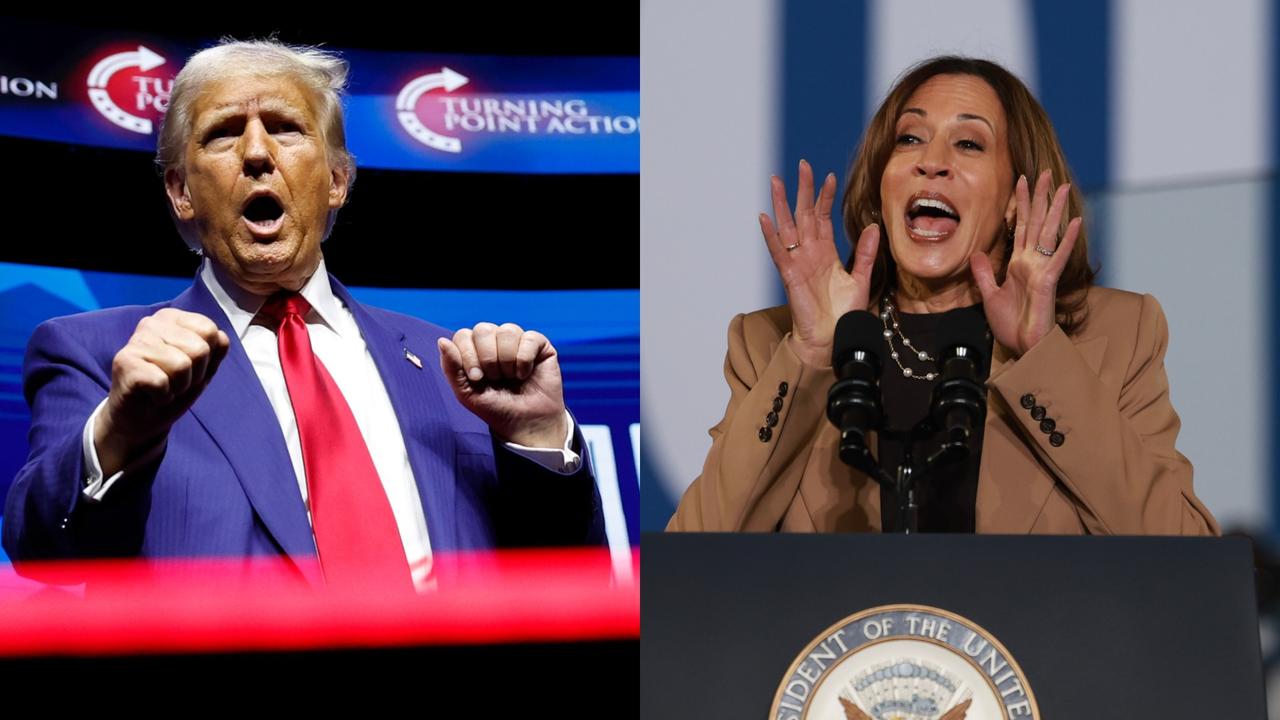In a surprising departure from decades of tradition, The Washington Post has announced that it will not endorse a candidate in the upcoming 2024 presidential election. This decision marks the first time in decades that the influential newspaper has abstained from backing a candidate, despite earlier reports indicating that the editorial board was preparing to endorse Kamala Harris over former President Donald Trump.
An article published by two Washington Post staff reporters revealed that the editorial team had initially drafted an endorsement for Harris, emphasizing her experience and policy proposals as the reasoning behind their support. However, the article also highlighted that the decision to withhold the endorsement ultimately came from the paper’s owner, Jeff Bezos, the founder of Amazon.
“The decision not to publish was made by The Post’s owner — Amazon founder Jeff Bezos,” the reporters wrote, shedding light on the influential role Bezos continues to play in the editorial direction of the paper. While the editorial board has consistently supported Democratic candidates in previous elections, this move raises questions about internal dynamics and the motivations behind such an unprecedented decision.
Washington Post reels from Bezos decision to not endorse https://t.co/zdAz5WWhRI
— The Hill (@thehill) October 25, 2024
Analysts suggest that the decision may be part of a broader strategy by Bezos to position the newspaper as a more neutral and independent voice in an increasingly polarized media landscape. By abstaining from endorsing either candidate, The Washington Post could be attempting to appeal to a wider audience at a time when trust in media organizations is under scrutiny.
Political observers also note that avoiding an endorsement could shield the paper from accusations of bias, which have intensified in recent years. Endorsements, especially in high-stakes presidential races, often draw criticism and claims of partisanship. By remaining neutral, The Washington Post might be seeking to distance itself from potential backlash while continuing to report on the election without taking an official stance.
Bezos’s involvement in the decision is not without controversy. As the owner of The Washington Post, Bezos has faced accusations of using the paper to further his own interests. Critics argue that his influence over editorial decisions raises concerns about the independence of the publication, especially when it involves choosing to stay silent on one of the most critical elections in recent history.
Supporters of the decision, however, suggest that Bezos’s choice may have been a strategic move to maintain the paper’s credibility. By stepping back from endorsing a candidate, the publication avoids the appearance of favoritism, potentially appealing to readers who are wary of perceived biases in mainstream media outlets.
With The Washington Post’s withdrawal from endorsing a candidate, the absence of its influence could be felt, particularly by Democratic supporters who have counted on its backing in past elections. The newspaper’s endorsement of Hillary Clinton in 2016 and Joe Biden in 2020 aligned with its historically progressive stance, giving those campaigns a boost in credibility and visibility.
Kamala Harris’s campaign, which had likely anticipated a strong endorsement, may now face an uphill battle in capturing undecided voters who look to such publications for guidance. Meanwhile, Trump’s campaign could capitalize on the move, framing it as evidence of a shift away from Democratic bias within mainstream media.

